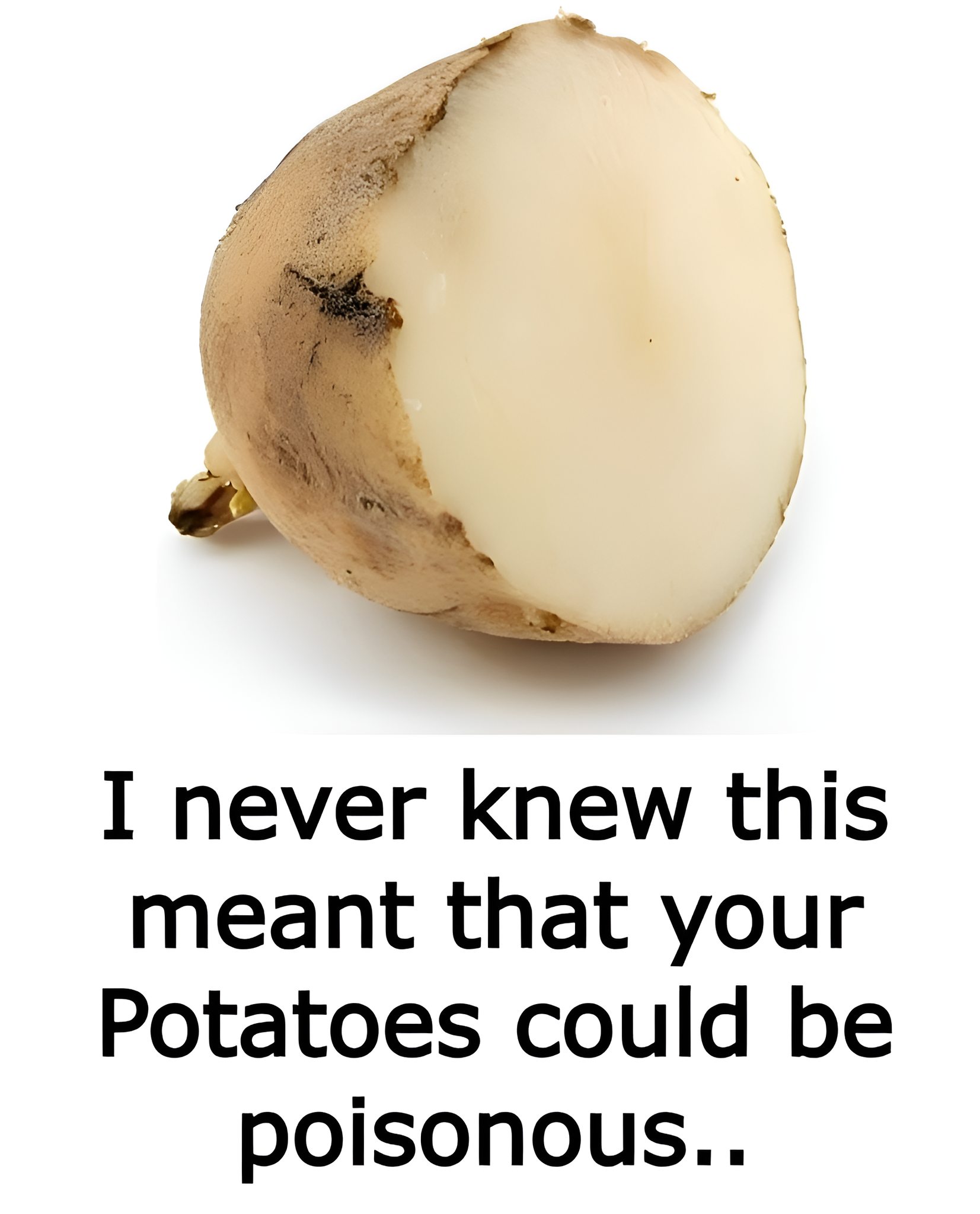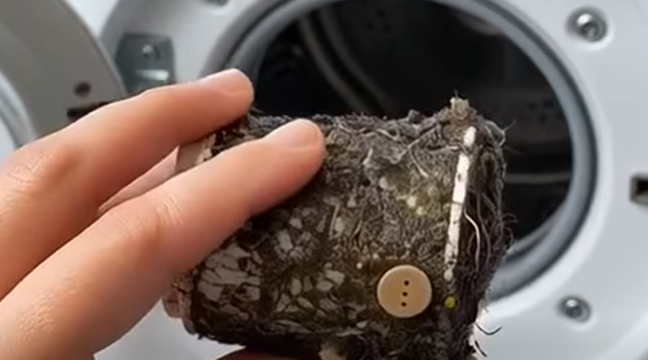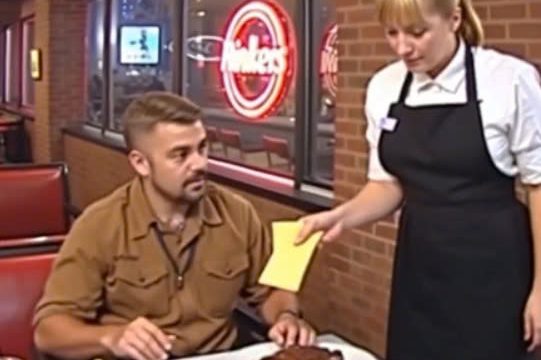Most of us have been guilty of keeping potatoes around for far too long, thinking they’re indestructible pantry staples that never really go bad. I used to be the same way, leaving them untouched for months, convinced they’d still be perfectly fine for a batch of crispy fries or creamy mashed potatoes whenever I finally got around to using them.

But here’s the truth I learned the hard way: potatoes can actually become poisonous if they’re stored too long or in the wrong conditions. That’s right, those seemingly harmless spuds sitting in your kitchen could make you seriously sick if you’re not careful. Potatoes naturally contain a toxin called solanine, which acts as their defense mechanism against pests. While a normal, healthy potato has solanine levels that are safe for consumption, these levels can increase significantly if the potato is exposed to too much light, left to sprout, or begins to decay. Eating a potato with high amounts of solanine can cause nausea, headaches, digestive issues, and in extreme cases, far more severe health problems. The good news is you don’t need to panic or swear off potatoes forever; you just need to know how to spot the warning signs that a potato has gone from safe to sketchy.
The first big clue is a green tint. If a potato has developed a greenish hue, that’s a sign it’s been exposed to excessive light and has ramped up its solanine production. A small green patch can sometimes be cut away safely, but if the entire potato looks like it could double as the Grinch’s sidekick, don’t risk it—just throw it out. The second sign is sprouting. Many of us have been guilty of snapping off a few little sprouts and tossing the potato into the pot like nothing’s wrong.
But those sprouts actually mean the potato is producing not just solanine, but another toxin called chaconine, both of which are harmful. A couple of tiny sprouts might still be salvageable if you cut them out generously, but if your potato looks like it’s trying to grow arms and legs, it’s time to let it go. Another red flag is texture. A good potato should feel firm and solid. If it’s soft, wrinkly, or shriveled up like it’s had a rough life, that’s a sign it’s dried out and its chemical composition has started to change, potentially increasing toxin levels. Plus, let’s be honest—who really wants to eat a sad, wrinkled potato anyway?
@kellyscleankitchen Why you should never eat sprouted potatoes #potatoes #foodpoisioning #cooking ♬ Wes Anderson-esque Cute Acoustic – Kenji Ueda
Smell is another giveaway. Fresh potatoes don’t have much of an odor, so if you pick one up and it smells musty, sour, or just plain rotten, bacteria and decay have already set in. At that point, there’s no saving it. Finally, if a potato feels mushy, wet, or is leaking some sort of mysterious liquid, that’s a clear sign of spoilage. A potato that’s breaking down like that doesn’t belong anywhere near your dinner plate. The best approach is to prevent your potatoes from getting to this stage in the first place. Proper storage is key. Keep them in a cool, dark place like a pantry or cupboard where they won’t be exposed to light or heat, which both speed up solanine production.
Don’t put them in the fridge—while that might seem like it would help, cold temperatures actually turn the potato’s starch into sugar, messing up its taste and texture. Use your potatoes within a few weeks instead of letting them sit indefinitely, and always check them for the warning signs before cooking. Store them dry, in a breathable bag or basket, rather than sealed in plastic where moisture can lead to faster spoilage. Potatoes are a delicious staple in countless meals, but knowing how to handle and store them safely is crucial.
A little green or a tiny sprout might be manageable if you trim it off, but if you’ve got potatoes that are sprouting wildly, smelling funky, feeling mushy, or looking like science experiments, it’s safest to toss them. Better safe than sorry when it comes to avoiding a toxic side of fries. Now if you’ll excuse me, I think it’s time I went to check my own potato stash just to be sure nothing in there is turning into trouble.





